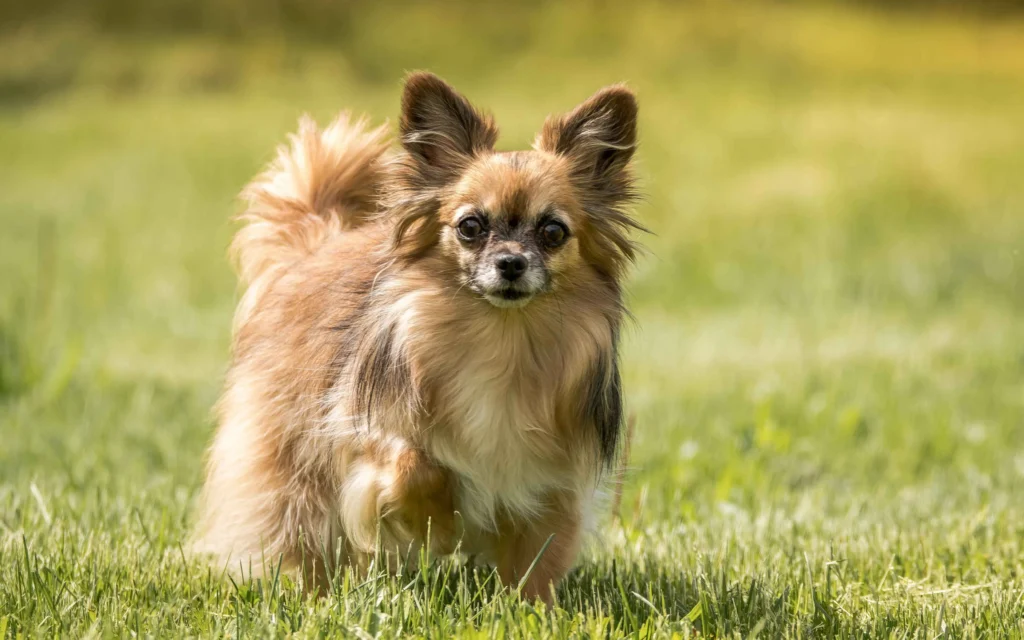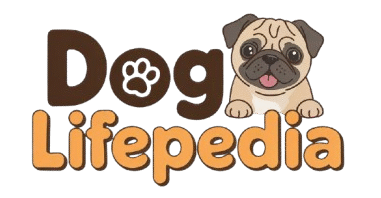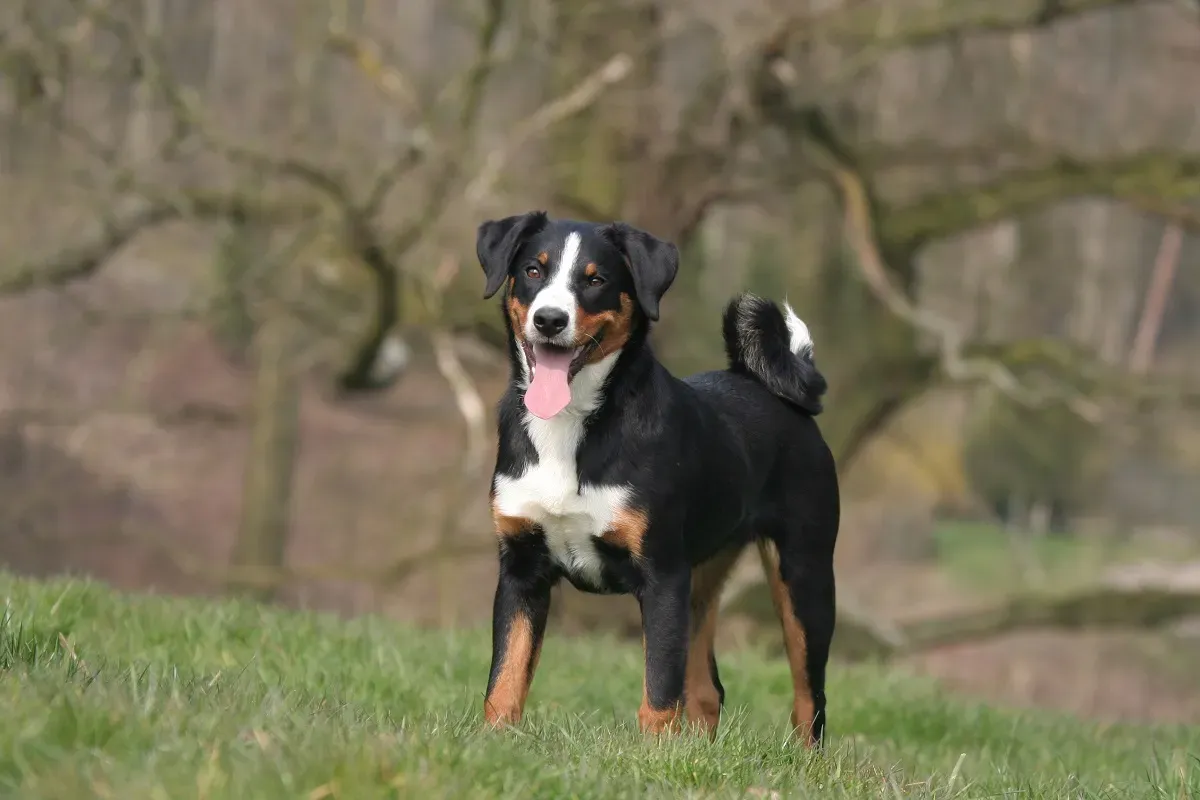
Chihuahua
Heena
May 9, 2025

The Chihuahua is one of the smallest dog breeds in the world, but don’t let its size fool you—this dog comes with a bold attitude, fierce loyalty, and a surprising amount of energy. Originally from Mexico, Chihuahuas have become incredibly popular in the UK and USA, particularly among apartment dwellers, singles, and older adults looking for a pint-sized companion.
Known for their alert expressions, loyal hearts, and sassy spirit, Chihuahuas are a big dog in a tiny body.
Breed Overview
Chihuahuas typically weigh:
- 2 to 6 pounds (0.9 to 2.7 kg)
- Height: 5 to 8 inches at the shoulder
There are two main types:
- Smooth coat (short-haired)
- Long coat (soft, flowing fur)
They’re known for their apple-shaped head, although a deer-shaped head variety also exists. Both are recognized in the UK and USA but may vary in breed standards depending on the registry.
- 2 to 6 pounds (0.9 to 2.7 kg)
Breed Colors & Markings
Chihuahuas come in virtually every color and pattern, including:
- Fawn
- Cream
- Chocolate
- Black and tan
- White
- Blue
- Merle (more controversial and may have health concerns)
They can be solid, marked, or spotted, giving each dog a unique look.
Temperament and Communication
Despite their size, Chihuahuas are known for:
- Big personalities
- Strong loyalty to one or two people
- Territorial behavior
They are:
- Alert and vocal—great watchdogs
- Protective, sometimes to a fault
- Playful and affectionate with trusted family
Chihuahuas may be wary of strangers and don’t always get along with small children, especially if handled roughly. However, with proper training and socialization, they can adapt to most households.
Communication includes:
- High-pitched barking
- Growls or grumbles when uncomfortable
Tail wagging, ear movements, and expressive eyes
What Do Chihuahuas Eat?
In the UK and USA, Chihuahuas often eat:
- Small breed dry kibble
- Wet food or a combination
- Homemade meals (with veterinary approval)
They need:
- High-quality protein (chicken, turkey, beef)
- Healthy fats for energy and coat health
- Avoid fillers, grains, and overly fatty treats
Due to their small size, portion control is critical. Overfeeding can quickly lead to obesity or hypoglycemia (low blood sugar).
Feeding tips:
- 2–3 small meals per day
- Use shallow bowls
Avoid large kibble that may be hard to chew
What to Expect When Caring for a Chihuahua
Health
Chihuahuas are generally healthy and can live 14–17 years, but they are prone to:
- Dental disease
- Luxating patella (loose kneecaps)
- Tracheal collapse
- Heart disease
- Hypoglycemia in puppies
- Hydrocephalus (more common in apple-head varieties)
Regular vet checkups, dental cleanings, and proper care can prevent many health issues.
Grooming
Grooming needs depend on coat type:
- Smooth coat: Weekly brushing, occasional bath
- Long coat: Brushing 2–3 times/week to prevent mats
All Chihuahuas need:
- Nail trims every 3–4 weeks
- Regular ear cleaning
- Dental care daily—dental disease is a major risk
Use soft brushes and small tools suited to their tiny bodies.
Exercise
Though small, Chihuahuas are energetic and need daily activity:
- 30–45 minutes of light exercise daily
- Short walks, indoor games, fetch, or mental play
- Interactive toys for stimulation
They love snuggling but shouldn’t be carried everywhere—walking builds muscle and supports joint health.
Be cautious in cold or wet weather. Use a dog sweater or coat during chilly walks in the UK or northern USA.
Training
Training a Chihuahua requires patience and consistency:
- They are smart but independent
- Use positive reinforcement—treats, praise
- Focus on basic commands, crate training, and leash manners
Socialization is vital—expose them to:
- Different people and environments
- Other dogs and animals
- Children (under supervision)
Chihuahuas can develop a “small dog syndrome” if treated like fragile toys. Set boundaries and treat them like a real dog, not a handbag accessory.
Nutrition
A Chihuahua’s nutrition must be:
- Balanced and calorie-conscious
- Tailored to life stage (puppy, adult, senior)
- High in protein, moderate in fat, and low in carbs
- Supplemented with omega-3s for skin and coat
Avoid:
- Table scraps
- Grapes, chocolate, onions, xylitol, and other dog-toxic foods
Use dental chews or kibble designed for small breeds to help reduce tartar.
Final Thoughts
Chihuahuas are proof that great things come in small packages. With their big personalities, fierce loyalty, and expressive charm, they make excellent companions in the UK and USA—especially for individuals or families who understand their unique needs.
They may be tiny, but they demand respect, structure, and love. In return, a Chihuahua will offer you years of devotion, laughter, and snuggly companionship.

